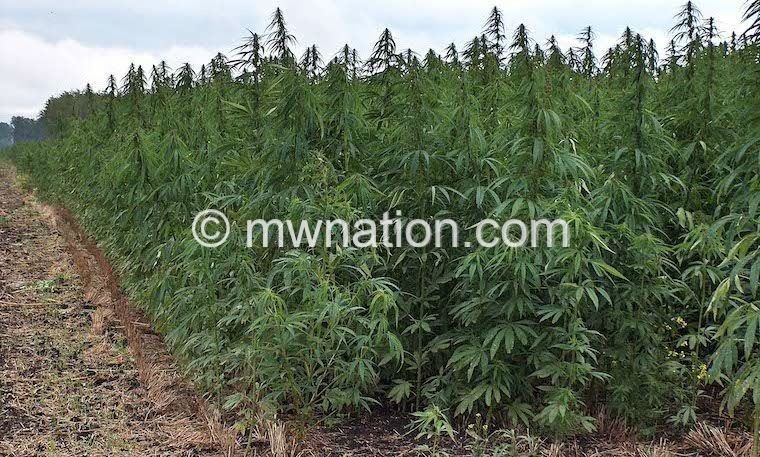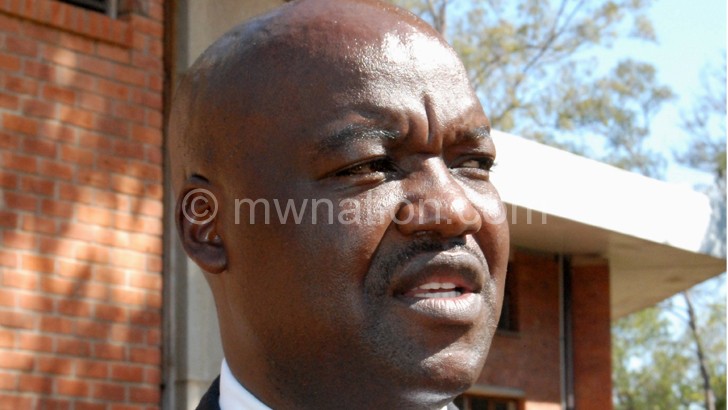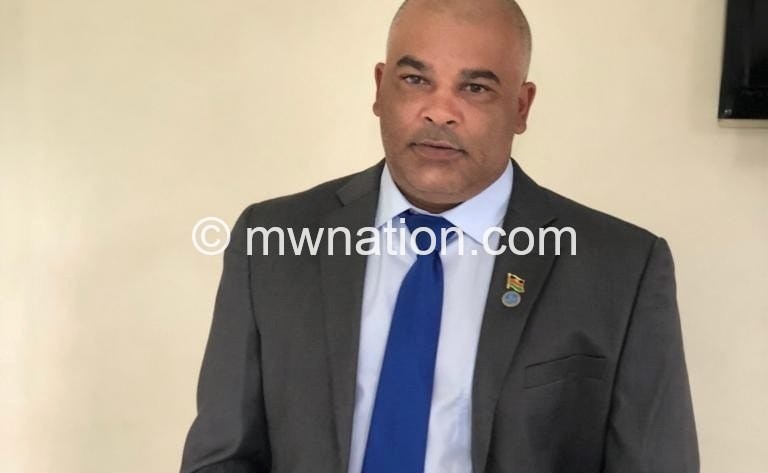K13bn monthly chamba deal on offer
Malawi is sitting on a cannabis deal that could see the country earning over K13 billion a month for the next five years.
Currently, selling of local hemp is prohibited, but there are investors demanding the local herb, according to Cannabis Regulatory Authority (CRA) board chairperson Boniface Kadzamira.

He said this to the parliamentary committee on Agriculture and Food Security and Natural Resources and Climate Change cluster meeting in Lilongwe that there is huge demand for the local hemp.
He said: “Currently, there is an investor who is looking for huge quantities of the local hemp at a minimum price of $150 [about K123 750] per kilogramme [kg]. The investor is looking for a steady supply of 100 tonnes per month for five years.”
This means for every month, the country would make about K13 billion from one investor.
“This investor is willing to buy the hemp at a minimum price of $150 per kg. And if the quality is high, the prices will be higher. This is not the only investor. There are several others who also want our Malawian gold,” said Kadzamira

He pleaded with members of Parliament to push for the total decriminalisation of local cannabis, saying Malawi is losing a lot of money due to prohibition of hemp.
“People out there are ready to buy the Malawian hemp the way it is grown and there were requests to start supplying the hemp by January this year,” Kadzamira said.
He said farmers will not be forced to grow in greenhouses, which has proved to be expensive.
He wondered why the Malawi Government has not approved the local variety when other countries are making money out of it and supporting their economies.
He said countries such as South Africa and United States are growing the same Malawi variety and making money while Malawi is prohibiting it.

Kadzamira also called on local industries to embrace cannabis as a raw material for various products, saying from cannabis, companies can produce wood, cooking oil, clothes and building materials, among others.
“That would help in promoting exports, reducing imports, creation of jobs and many other benefits,” he said.
In his remarks, the cluster committee’s co-chair Sameer Suleman said there is need to introduce the Malawi variety to the world, adding the country cannot just be copying what others are doing.
He said: “They want us to be growing the foreign varieties, which are expensive in terms of seeds and cultivation. But we can introduce the local varieties to the world and see the demand.
“You never know, maybe the demand for the foreign varieties will also go down and we will earn more from the local variety which does not need much investment to cultivate.”
Suleman called for review of laws so that Malawi can benefit from the local variety, which is cheaper to grow unlike the foreign varieties.
He also called on CRA to engage more MPs to appreciate the value of the local hemp and the need to promote it.
Malawi legalised the production of foreign varieties, which fall under industrial and medicinal cannabis.
Last year, CRA issued a licence to an investor to conduct a research on the local hemp to establish what can be produced from.
The licence followed requests from investors to have Malawi start supplying the local hemp. CRA will also protect areas where the local hemp is grown to ensure that it is not mixed with foreign varieties.
Currently, only foreign varieties have been approved for cultivation after CRA received 125 applications from which it approved 110. The application and licence fees have seen CRA generating K425.6 million.





